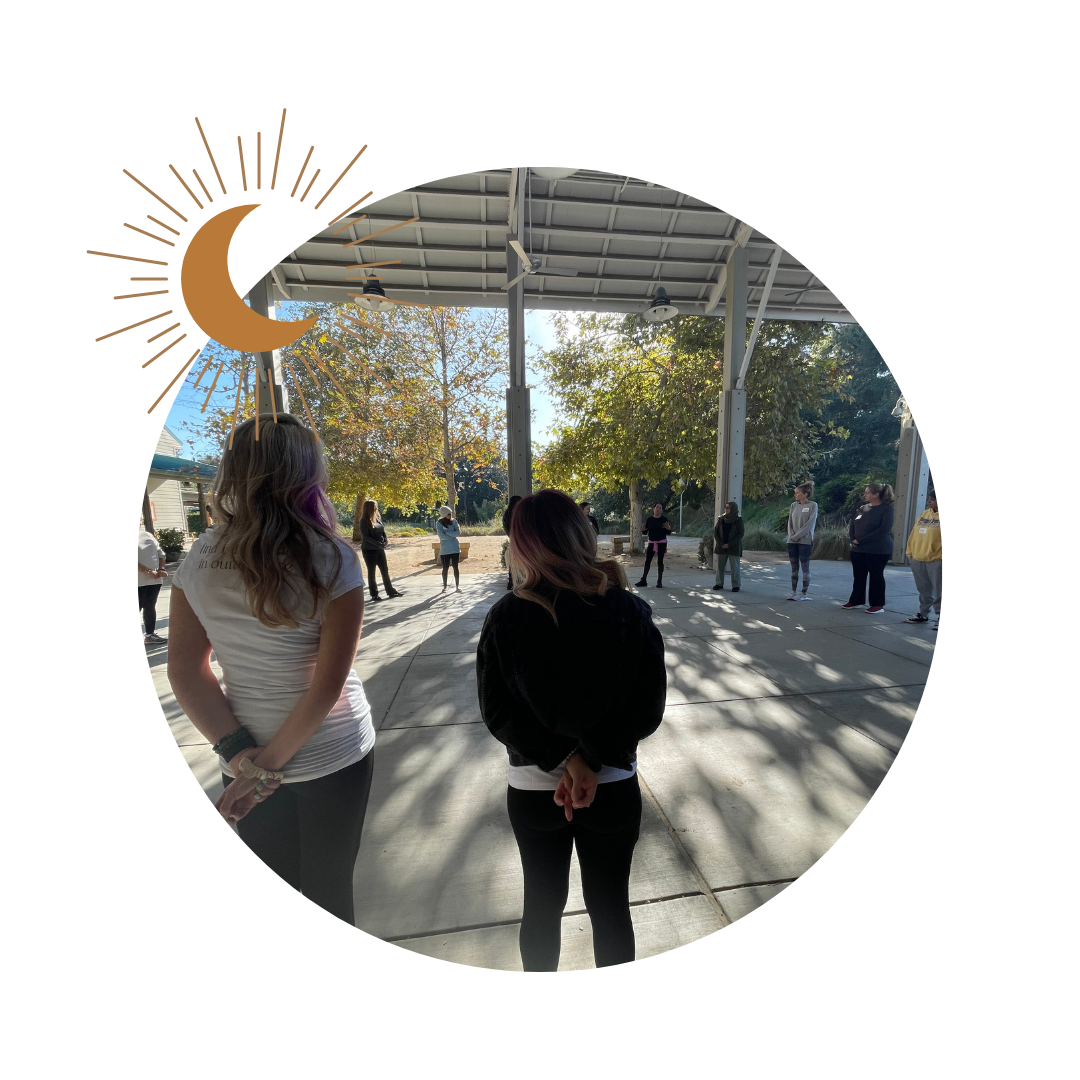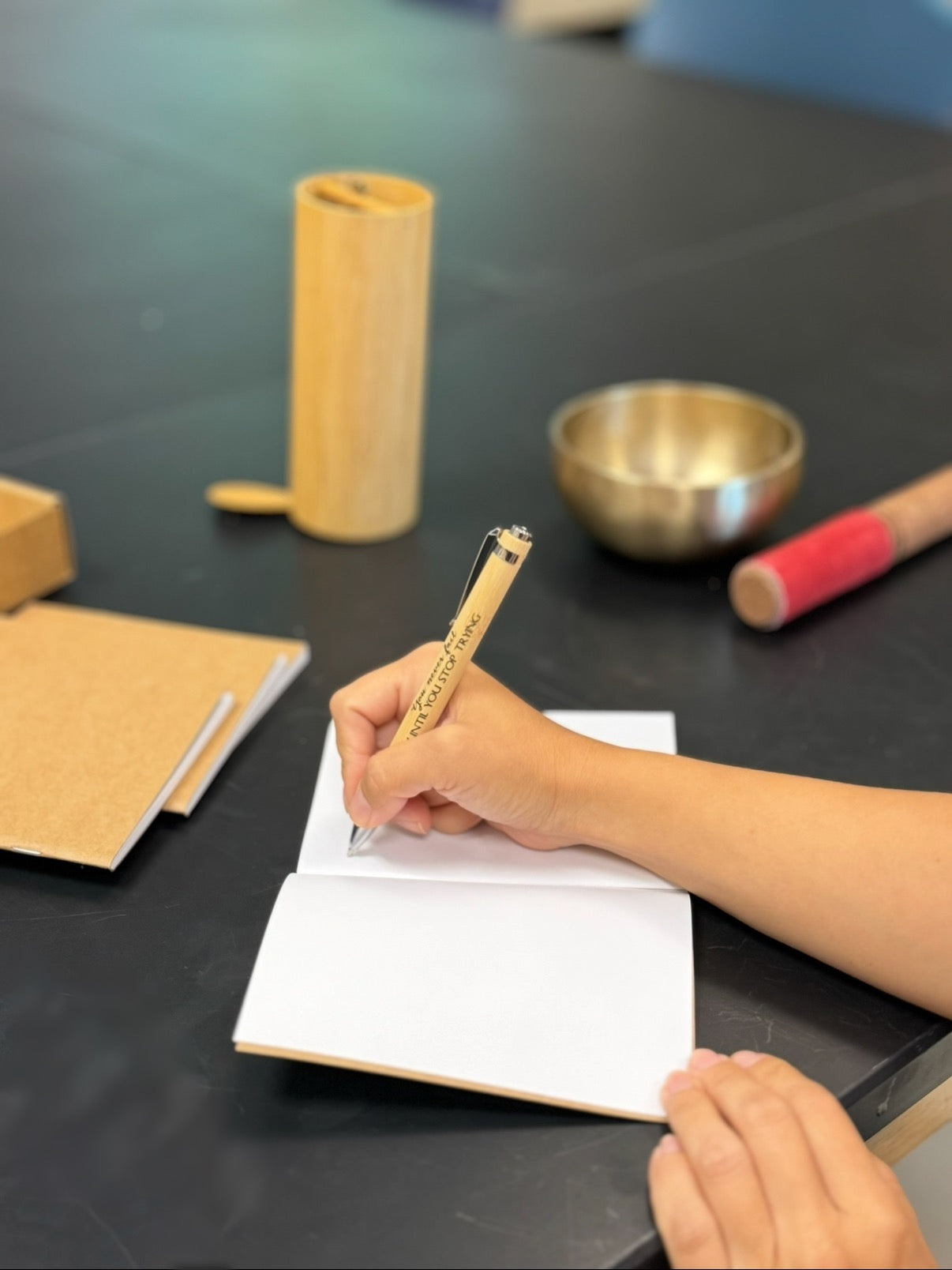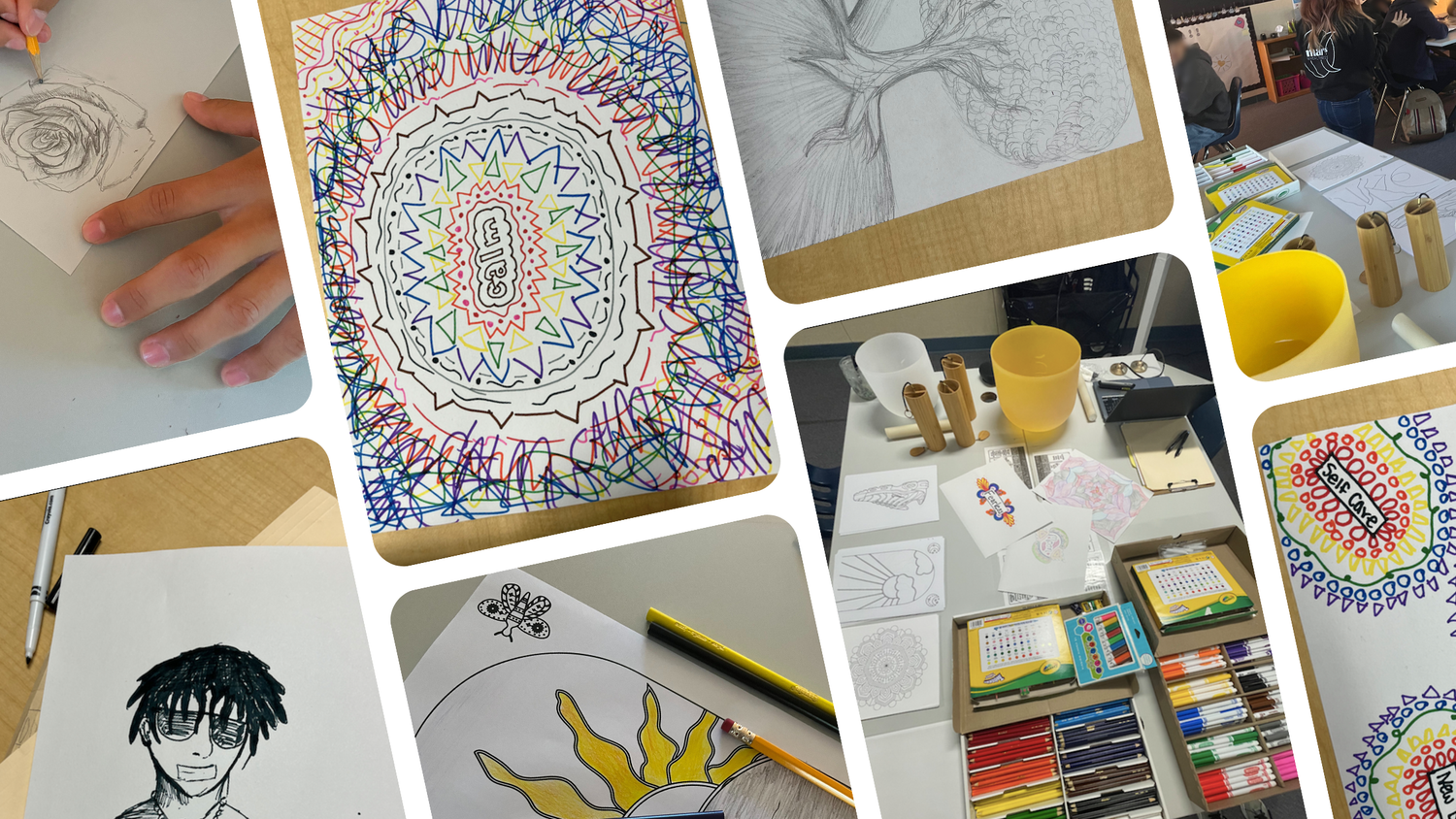
Education Wellness
Early Childhood | Elementary | Secondary | Higher Education
We offer impactful experiential learning and mindful wellness services designed to support your entire educational community. Our offerings include engaging in-person, hands-on training and virtual sessions for adults, as well as direct programs for students. Grounded in trauma-informed principles and evidence-based practices, our customized topics and services address the unique needs of leadership, staff, students, families, and community partners.
A Mindful Approach to Behavior, Social Emotional Learning, and Mental Wellness
Explore mindfulness data collected by MARs Whealthness, LLC.
Professional Development Focus Areas
-
Mindfulness
In today's demanding educational landscape, mindfulness offers a vital, evidence-based approach to support staff and student well-being. This professional development equips educators with practical strategies to enhance their own mental, physical, and emotional health while learning how to seamlessly integrate mindfulness into their daily routines and school culture. Discover the science behind mindfulness and experience a variety of exercises to foster focus, resilience, and a more positive learning environment.
-
Social Emotional Learning (SEL)
Brain science reveals that safety and connection are foundational for higher learning. This professional development equips educators with practical strategies rooted in the CASEL SEL framework and infused with trauma-informed mindfulness. Learn to cultivate a classroom where students feel safe, connected, and ready to learn, fostering kindness, healthy relationships, emotional regulation, and equitable opportunities for all.
-
Mindful Classroom Management
This professional development offers practical strategies rooted in Mindfulness, Social Emotional Learning (SEL), Positive Behavioral Interventions and Supports (PBIS), and Applied Behavior Analysis (ABA) to help educators cultivate a positive classroom, build strong student relationships, proactively prevent challenging behaviors, and establish clear expectations. By minimizing disruptions, gain more time for effective and engaging instruction.
"Educating the mind without educating the heart is no education at all."
Aristotle
Breath | Sound | Movement
Mindfulness on MARs
What is Mindfulness?
Mindfulness is simply “maintaining a moment-by-moment awareness of our thoughts, feelings, bodily sensations, and surrounding environment, through a gentle, nurturing lens” (Berkeley, 2022). It simply means to be fully present in the moment.
Why Incorporate Mindfulness?
ADULTS
High levels of stress and burnout is threaded amongst professionals in education. However, adults who engage in mindfulness-based practices have been shown to have lower cortisol levels, reduced anxiety, and lead with more mindful, intentional interactions. Thus, increasing their self-awareness skills, strengthening relationships, and promoting an overall sense of well-being.
STUDENTS
Moreover, when students engage in mindfulness exercises, they learn to focus their attention, strengthen resilience, foster gratitude, and build self-regulation skills. Students deal with many stressors in and outside of the school setting. Some of these factors include; academic performance, social pressures, and/or home life. If these stressors are not dealt with properly, poor health conditions may develop, such as anxiety disorders, depression, and/or low self-esteem. Teaching children coping strategies, such as mindfulness, gives them the tools they need to manage their everyday stressors and manage their emotions in a positive way.
FAMILIES
Integrating mindfulness with families creates a shared language and understanding between home and school. When students and parents/guardians practice similar techniques, it fosters better communication about emotions and challenges, leading to a more cohesive and supportive learning partnership.
What Are the Benefits of Mindfulness?
- Decreases rumination
- Reduces stress
- Boosts working memory
- Increases focus
- Promotes better emotional regulation skills
- Increases cognitive flexibility
- Increases immune functioning
- Increases information processing speed
- Improves overall well-being
(Davis and Hayes, 2012)
Mindfulness Resources
MARs
Apps
- Aura
- Calm app
- Headspace
- Insight Timer App
Podcasts
- Meditation Oasis
- Daily Meditation Podcast
- Meditation Minis
Wellness Offerings
Staff Meetings | Retreats | Student Wellness | Family Engagement | Conferences
We also offer mindful wellness services, as it exemplifies and promotes the importance of self-care to reduce stress and anxiety within our school communities.






